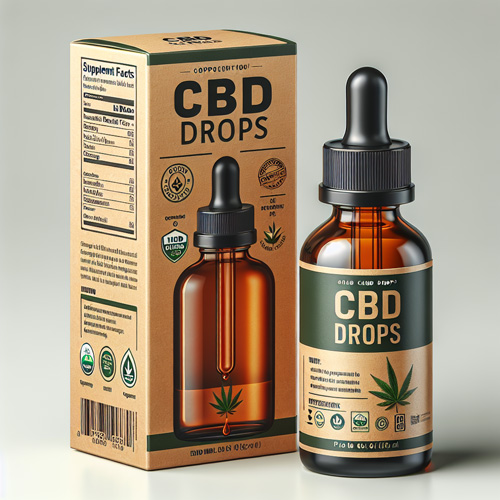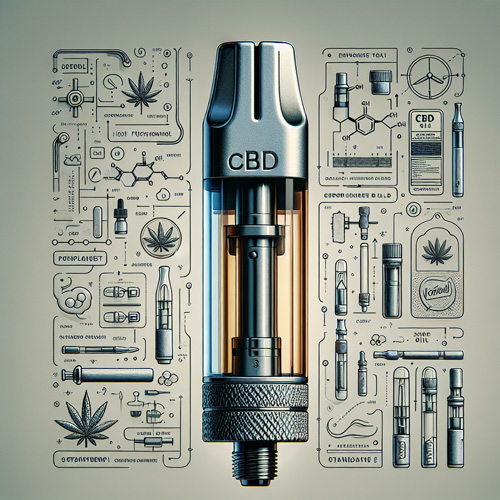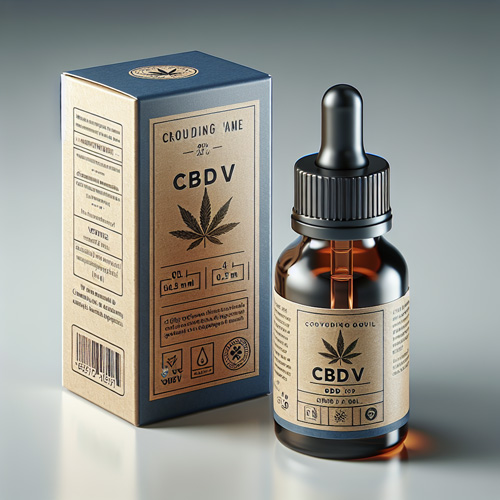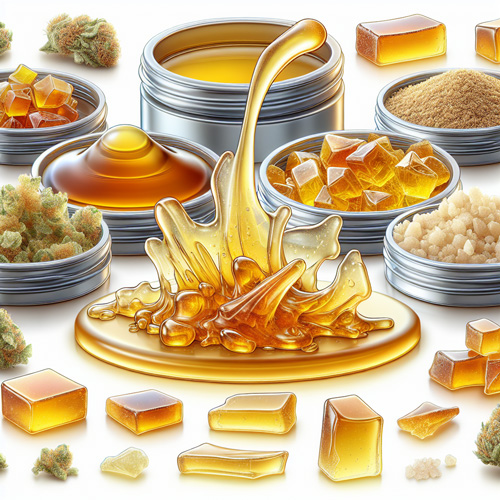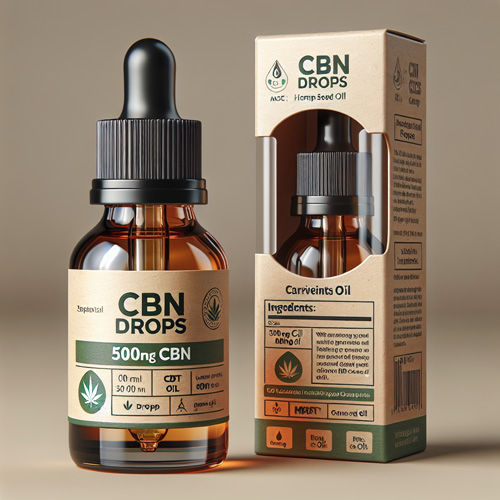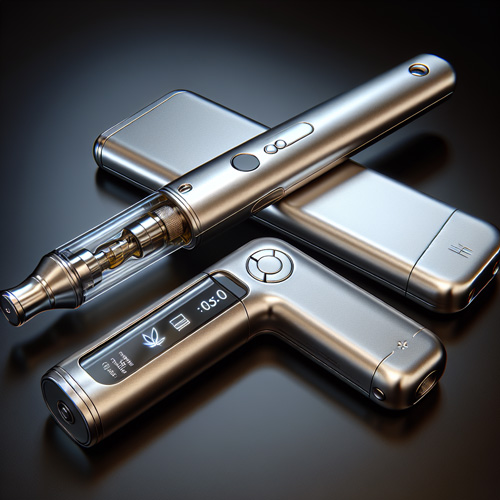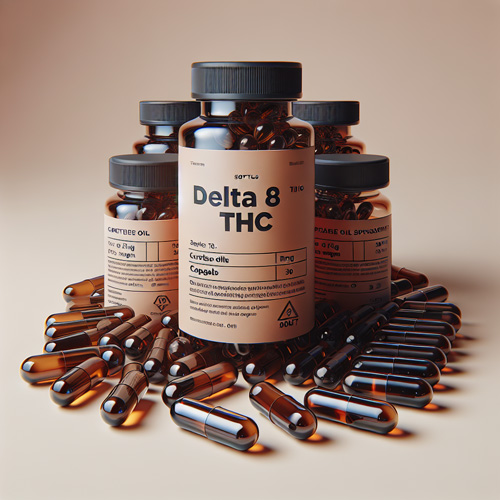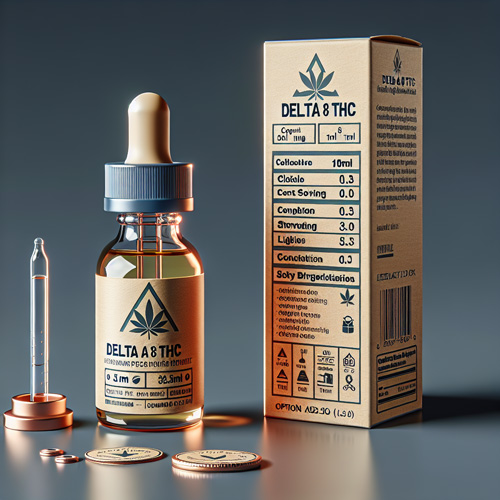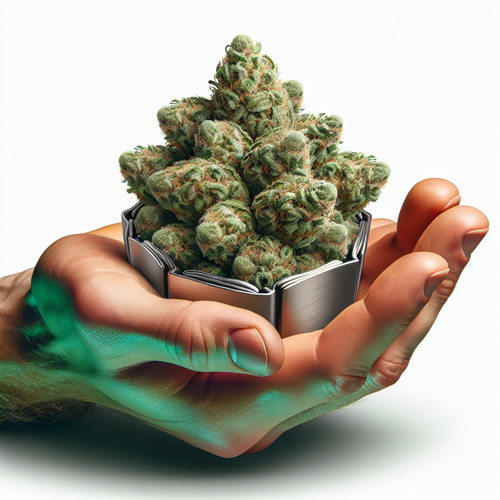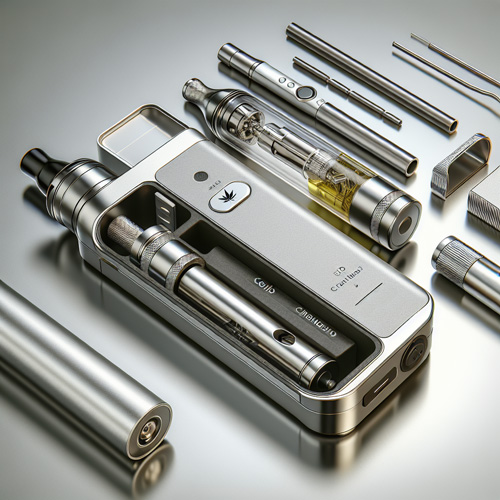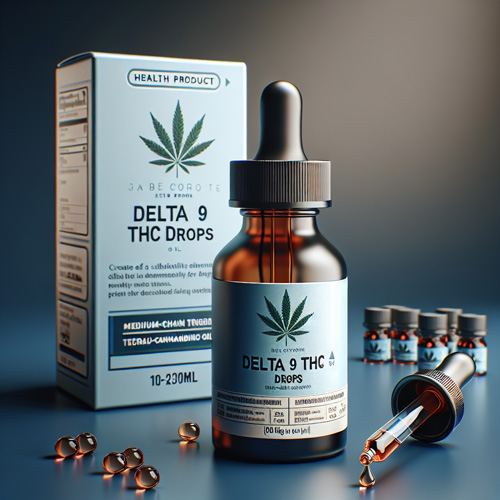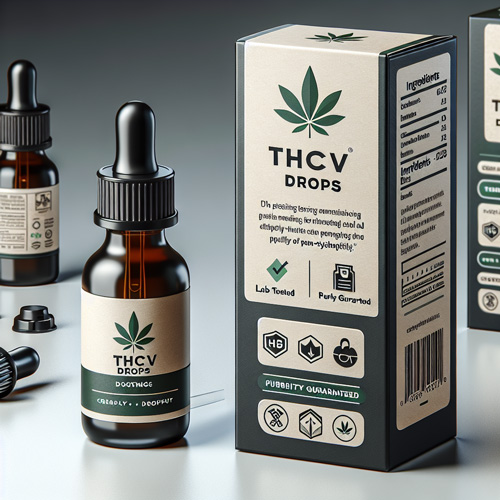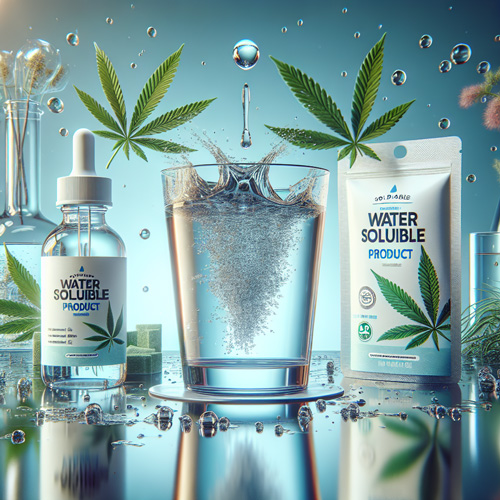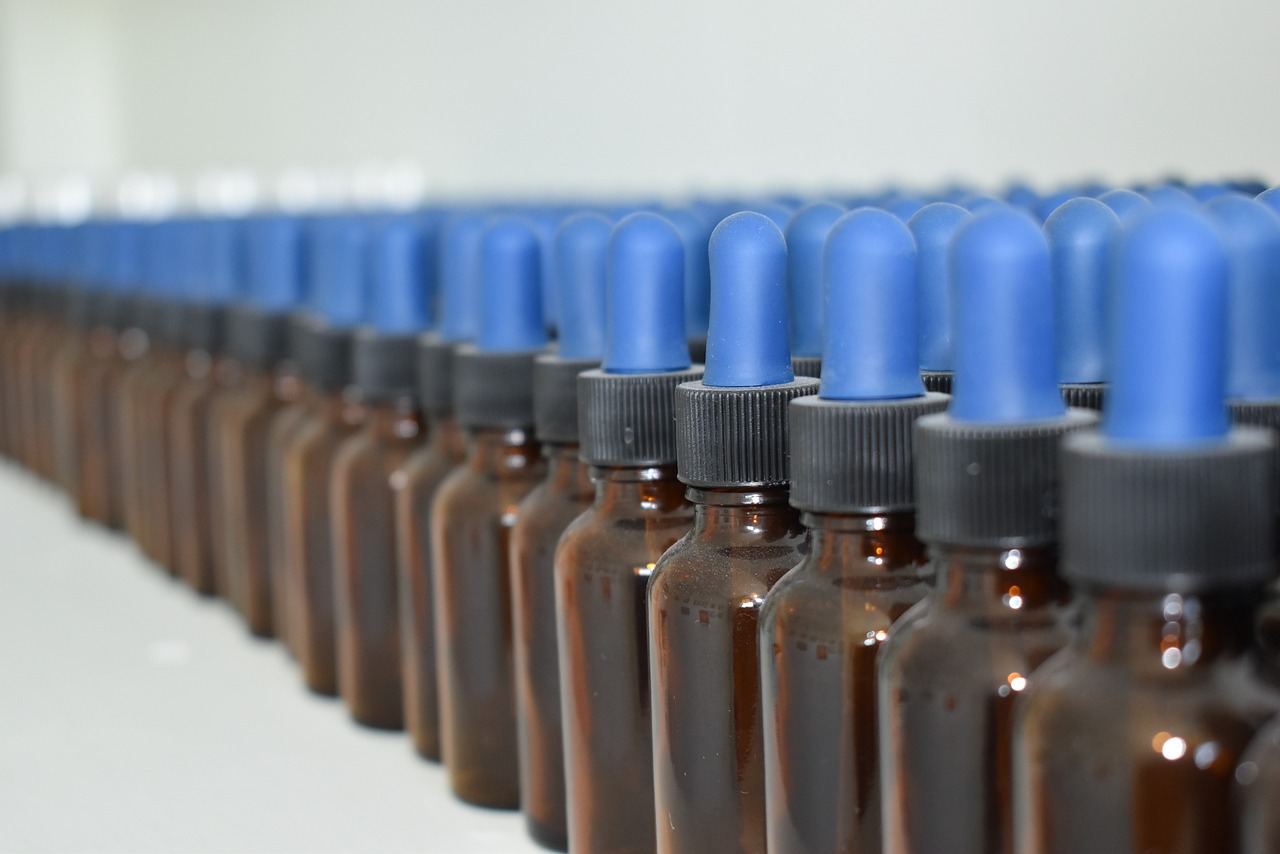
Low MOQ Hemp Product Manufacturing and White Label
In the ever-expanding realm of the hemp industry, establishing a brand can be as challenging as it is rewarding. For entrepreneurs eager to chart their own path, the ability to produce cannabidiol (CBD), THC, THCV, CBDV, Delta 8, and other cannabinoid based products in careful measure, without overextending resources, is an essential strategy. This is where low Minimum Order Quantity (MOQ) manufacturing enters the picture as a pivotal ally.

Defining MOQ and Its Importance in Manufacturing
MOQ refers to the least amount of product that a manufacturer is willing to produce at one time. In the context of hemp cannabinoid production, it reflects the smallest batch of goods a partner is prepared to process. This threshold is crucial because it dictates the level of commitment, both financially and in terms of inventory, that a budding business must undertake. A low MOQ allows for a more manageable approach to production, less upfront capital, and greater control over stock levels.
Overview of Hemp Cannabinoid Industry Trends
The hemp derived cannabinoid market is flourishing, with consumers increasingly in pursuit of natural health solutions. This demand has stimulated a rise in the number of companies offering hemp based products. However, the landscape is also mired in fierce competition and stringent legal stipulations. Trends suggest that agility and customer-centric innovation are key to standing out and capturing market share.
How Low-MOQ Can Be a Game Changer for New Brands
For new brands, starting with a low MOQ means more than reducing risk; it empowers a test-and-learn approach to product development. By producing smaller quantities, brands can experiment with different formulations, receive timely consumer feedback, and iterate quickly. It is a dynamic approach that aligns well with the fast-paced evolution of the marketplace, enabling brands to stay relevant and responsive to consumer needs.
As we delve into the subsequent sections, we will explore the profound impact that low-MOQ manufacturing can have on start-ups in the hemp cannabinoid space, from easing initial challenges to fueling long-term brand growth.
Minimizing Startup Challenges
Launching a hemp brand is accompanied by significant hurdles—chief among these is the financial investment needed for inventory. Low-MOQ manufacturing stands as a beacon of hope for emerging businesses, promising a more approachable entry point into an intricate market.
Reducing Initial Investment and Financial Risk
An advantage that cannot be overstressed is the financial leniency afforded by low-MOQ partnerships. By offering production in smaller volumes, manufacturers reduce the typical entry barrier, allowing companies to invest modestly in product development. This minimizes the risk of unsold inventory, freeing up capital for other crucial aspects like marketing and research.
Flexibility in Product Testing and Market Trials
The ability to produce small quantities gives brands the flexibility to test the waters with their product offerings. They can pilot different formulations, packaging designs, and marketing messages to see what resonates best with their target customer base. This real-world feedback is invaluable in shaping a product lineup that is both desirable and viable.
Quick Adaptation to Industry Changes and Customer Feedback
In an industry as dynamic as hemp, rapid adaptability is not just beneficial; it’s essential. Lower order quantities enable brands to swiftly alter or update product formulations in response to evolving legislation, consumer trends, or direct feedback. This reactivity is a significant asset, particularly for brands looking to establish themselves as leaders in innovation and customer satisfaction.
The ability to pivot quickly without the burden of excessive inventory or sunk costs in unused product formulations is a defining advantage for hemp start-ups. It allows for responsive, customer-driven product development that is closely aligned with market demands.
With these logistical and financial efficiencies, low-MOQ manufacturing equips new market entrants with the tools to overcome initial start-up challenges and carve out their niche in the fast-paced world of hemp products.
Customization and Niche Targeting
Tailoring products to meet the specific needs and preferences of particular customer segments can set a brand apart in the crowded marketplace. Low-MOQ manufacturing plays a crucial role in enabling such differentiation. Many niche products are starting to take root with cannabinoids like THCV, CBDV, Delta 8, HDD9 (hemp derived delta 9 THC), CBG, CBN, and many more.
Catering to Specialized Market Segments
Low-MOQ allows smaller and/or newer brands to focus on niche markets by creating specialized products targeted at specific demographic or psychographic groups. This could range from unique infusions beneficial for athletes to formulations tailored for individuals with particular health concerns. Such specialization can foster a dedicated customer base and create loyal advocates for the brand.
Benefits of Custom Formulations for Small Brands
Having the freedom to create custom formulations is a significant boon for emerging brands. Small batch production means small brands can experiment with unique blends of cannabinoids, terpenes, and other supplements to develop proprietary products that stand out. This customization fosters innovation and can produce highly effective solutions that larger companies, bound by massive production runs, may overlook.
Establishing Brand Identity with Unique Products
Creating a strong brand identity is pivotal for any business, especially in the hemp industry where consumer trust and product efficacy are paramount. By taking advantage of low-MOQ production, new hemp brands can build a reputation around a particular ethos or mission, reflected in a concise, carefully curated product line that truly represents what the brand stands for.
Through strategic use of low-MOQ manufacturing, hemp brands can not only resonate more deeply with their target audience but can also craft a brand story that is authentic and compelling. This can set the stage for a robust and distinctive presence in the marketplace.
Strategic Benefits in the Supply Chain
A well-oiled supply chain is central to the success of any brand, but for hemp based businesses, in particular, strategic supply chain management is critical. Low-MOQ manufacturing can significantly improve supply chain operations.
Streamlined Inventory Management
The ability to order smaller quantities of inventory helps companies avoid the pitfalls of overstocking, which can be particularly detrimental to products with shelf lives, like CBD oils and edibles like vegan gummies. By reducing unnecessary surplus, brands can minimize the costs associated with storage and potential wastage, ensuring that customers receive the freshest products possible.
Ensuring Timeliness and Reducing Waste
Low-MOQ manufacturing affords brands the agility to respond to fluctuating demand with faster turnaround times. This nimbleness not only reduces the risk of obsolescence but also contributes to a more sustainable operation by curtailing excess production. Moreover, the ability to produce and replenish inventory quickly ensures that businesses can maintain a continuous presence in the market without interruption.
Building Stronger Supplier Relationships
Working closely with manufacturers on small-batch productions often results in stronger, more collaborative relationships. This partnership approach helps ensure that the specific needs of the brand are met and that the manufacturer is appropriately aligned with the brand’s vision and quality standards. Strong supplier relationships can lead to better terms, enhanced support, and shared success as both parties grow.
Leveraging strategic advantages in the supply chains such as these not only supports operational efficiency but also enhances a brand’s ability to adapt and thrive in a competitive marketplace. By streamlining processes and aligning closely with manufacturing partners, businesses can create a robust foundation for sustainable growth.
Addressing Quality and Compliance
For any brand, maintaining high standards of quality and adherence to regulations is not only a commitment to consumer safety but also a cornerstone of business integrity. Here’s how low-MOQ manufacturing can significantly aid in these efforts.
Advantages of Closer Scrutiny in Smaller Batches
Producing hemp derived cannabinoid products in smaller quantities enables manufacturers and brands to pay closer attention to detail. With more manageable batch sizes, quality control teams can thoroughly monitor and test each product, ensuring consistency and excellence. This meticulous scrutiny helps in promptly identifying and rectifying any issues before products reach the consumer, thereby upholding the brand’s reputation for reliability.
Easier Compliance with Regulations
The hemp industry is governed by an intricate web of regulations, which can differ widely from state to state, and are continuously evolving. Low-MOQ manufacturing offers the agility needed to adapt to these changes without the overheads of reconfiguring large-scale production setups. Easier updates to product labeling, cannabinoid concentrations, and ingredient lists make it more straightforward to stay on the right side of regulatory compliance.
Building Trust Through Quality Assurance
In an industry battling skepticism, establishing trust through demonstrable quality assurance practices is paramount. Consumers are becoming increasingly savvy, seeking out products with clear, transparent sourcing and production processes. Smaller batch production allows brands to provide detailed information and reassurance about product quality, which in turn, can generate greater consumer confidence and loyalty.
Quality and compliance are not mere regulatory requirements—they are values that customers seek and appreciate in the hemp products they choose. By focusing on these aspects through the lens of low-MOQ manufacturing, brands position themselves as not just sellers but as conscientious purveyors of wellness.
Impact on Brand Development and Growth
Progressive brand development is a decisive factor in the ascent of any startup. Low-MOQ manufacturing is more than just a method—it’s an approach that can foster remarkable growth and maturation for emerging brands.
The Role of Low-MOQ in Brand Storytelling
Storytelling is a potent tool in brand building, and low-MOQ manufacturing can be a part of that narrative. Emerging brands can share their journey, emphasizing the careful craft that goes into each small batch of product. This storytelling, which often involves sharing the trials and triumphs of product development, resonates with consumers and can lead to a strong emotional connection with the brand.
Leveraging Flexibility for Market Expansion
Flexibility is essential for growth, and low-MOQ production allows brands to test new markets with limited risk. As they gather market data and consumer feedback, they can refine their offerings and expand their reach. This iterative growth strategy is far less risky than launching with large inventories and allows brands to scale organically, supported by actual demand.
Scaling Production Alongside Brand Growth
As a brand starts to take hold in the market and demand increases, the ability to scale production up in a controlled manner is invaluable. Low-MOQ production means that brands can grow their production gradually, in line with their growth in market share, without overcommit-Ling resources. This manageable scaling helps maintain quality and customer satisfaction even as the business grows.
By playing a significant role in a brand’s development and growth strategy, low-MOQ manufacturing not only supports emerging hemp businesses logistically but also enables them to weave the fabric of their brand incrementally and intentionally.
Marketing Advantages for Small Hemp Businesses
In a burgeoning market where differentiation is key, low-MOQ manufacturing provides distinct marketing advantages that small CBD businesses can leverage to carve out their market share.
Crafting a Unique Selling Proposition (USP)
Small businesses can utilize the flexibility of low-MOQ manufacturing to develop unique product offerings, which become part of their USP. By creating niche products or limited runs that large competitors cannot economically replicate, a brand can position itself uniquely in the consumer’s mind. This distinctiveness is a powerful tool that can be highlighted in marketing campaigns to pique consumer interest and drive sales.
Personalization: Connecting with Your Audience
Personalization extends beyond the product; it’s also about creating a personalized experience for consumers. With the agility afforded by low-MOQ, brands can engage in direct-to-consumer (D2C) strategies that foster a closer relationship with their customer base. Tailored promotions, responsive customer service, and targeted communications can build a loyal community around the brand.
Creating Limited Editions and Seasonal Offerings
Capitalizing on the concept of exclusivity, small batches allow for the production of limited edition and seasonal products. These can generate excitement and a sense of urgency among consumers, encouraging quick purchases and sharing through social media. Seasonal offerings, tied to holidays or events, can create a continual cycle of engagement and anticipation for what’s coming next.
By centering their strategies on the intrinsic benefits of low-MOQ manufacturing, small hemp businesses can execute potent marketing tactics that not only highlight their agility and innovation but also forge a deeper connection with their customers.
Financing Options and Budgeting for Low-MOQ Production
Navigating financial waters is a critical aspect for any emerging hemp brand. Low-MOQ manufacturing offers a cost-effective pathway, but success still depends on wise budget management and exploring innovative financing options.
Crowdfunding and Pre-Sale Strategies
Crowdfunding platforms present an opportunity for startups to raise capital directly from future customers. By presenting a compelling story and demonstrating the potential of their products, entrepreneurs can secure the funds needed to cover initial production costs. Similarly, pre-sale strategies can generate upfront revenue and gauge customer interest, providing valuable market validation with minimal financial risk.
Budgeting for Small Batch Production Costs
Although low-MOQ reduces the financial barrier to entry, precise budgeting is still a key factor. Small brands must account for not only the production costs but also ancillary expenses such as packaging, marketing, and distribution. Outlining a detailed budget ensures that limited funds are utilized effectively, with a clear focus on ROI-positive activities.
Financial Planning Tips for Emerging Brands
Financial foresight is crucial. Emerging hemp brands should:
- Diversify their investment in different product lines to spread risk.
- Keep a keen eye on cash flow, ensuring reserves are available for unforeseen expenses.
- Regularly review financial performance against forecasts to adjust strategies promptly.
- Consider partnerships or investors when scaling, to bolster financial stability and growth possibility.
For hempreneurs, understanding the financial dynamics of low-MOQ manufacturing and planning accordingly can mean the difference between mere survival and thriving success.
FAQ 1: What exactly does MOQ stand for, and why is it significant in the CBD industry?
MOQ stands for ‘Minimum Order Quantity,’ which is the smallest amount of product a manufacturer is willing to produce in a single order. MOQ is a pivotal factor in the hemp industry due to the upfront costs associated with manufacturing. By opting for low-MOQ manufacturers, startups and small businesses can mitigate risk, reduce initial capital investment, and maintain a lean inventory, allowing them to adapt quickly to market demands and customer feedback.
FAQ 2: How can low-MOQ manufacturing help maintain the quality of CBD products?
Low-MOQ manufacturing allows for a more hands-on approach to the production process, facilitating rigorous quality control measures for each batch. With smaller production runs, manufacturers can ensure uniformity and precision, closely monitoring every aspect from the sourcing of raw hemp to the final packaging. This meticulous attention to detail is vital in producing high-quality hemp products that meet industry standards and consumer expectations.
FAQ 3: Are established CBD brands also able to benefit from low-MOQ manufacturing?
Absolutely, established brands can leverage low-MOQ manufacturing to experiment with innovative formulations, respond to market trends, or launch special limited-edition lines without the commitment of large orders. It’s an excellent way for well-known brands to explore new niches or capitalize on current trends without disrupting their core product lines. Additionally, it allows them to engage in high-margin, short-run bespoke products that cater to specific customer segments.


